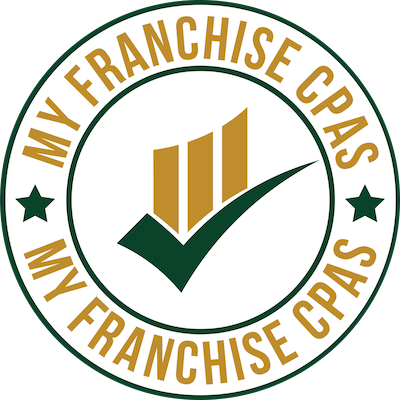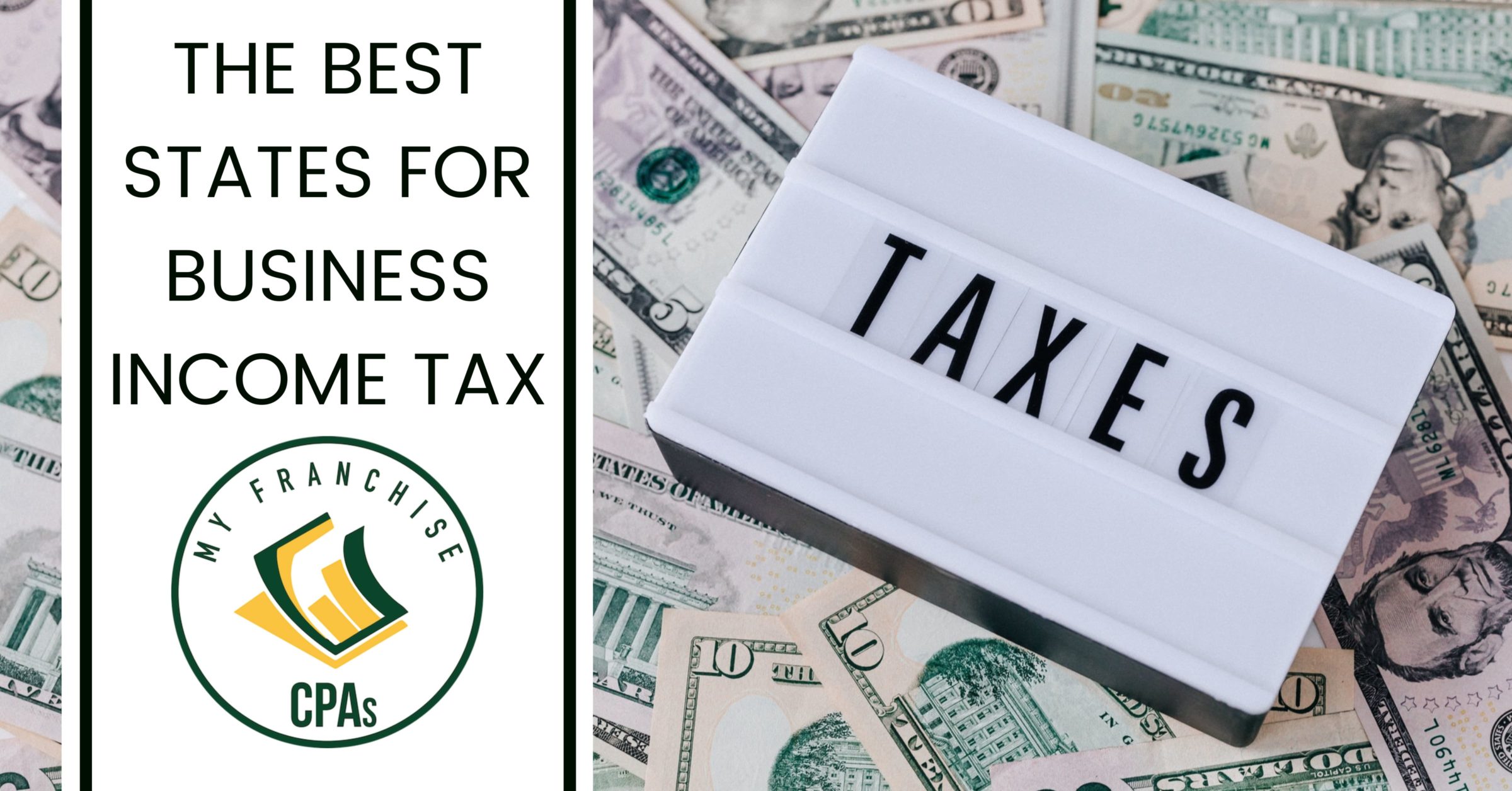The Best States for Business Income Tax
Anyone in the United States who has ever considered starting their own small business has had to consider their home state tax laws and regulations. Because companies that conduct business, own property, or have employees in a different state than their home state may incorporate in multiple locations, it is extremely important to understand the differences that each state holds. It is also important to remember that if incorporated in a state other than the owner’s state of residence, they must file a foreign qualification in the non-home state.
To use New York as an example, many business owners in NY will end up exploring options to incorporate in a more tax friendly state; New York has the third highest individual income tax rate, and also boasts very high property taxes. This means a small business owner who will file their income and pay taxes on their business properties in New York will pay a much higher rate than, for example, the same business owner in Wyoming or Washington.
Small businesses also have the option not to incorporate at all, but to operate under the owner. Even more options for owners to consider when researching the best tax situation for their business, is whether to file as self-employed, or to file as a partnership (assuming there is at least one other owner). This article will expound upon all of the options business owners have for their business tax needs and provide information on which states are the most favorable towards business owners when it comes to tax obligations. Our last article, How to Pay Yourself as a Small Business Owner (LLC, S-Corp, C-Corp) has useful information regarding business earnings, and can be used as a companion to this article.
Business Tax Rates Explained
There are three basic tax structures for businesses in the United States – corporate business taxes, small business taxes, and self-employment taxes. Each of these structures have pros and cons; this information will empower any small business owner to take full advantage of their local tax laws.
Corporate Tax Rates, Explained
Corporations are legal structures that businesses can organize under. This gives companies access to the tax benefits that are generally enjoyed only by individuals. This means that owners can incorporate and separate their business taxes from their personal income taxes. Since the 2017 Tax Cuts and Job Act, the corporate tax rate has been lowered to just 21%. This tax cut does not have an expiration date at this time.
Small Business Tax Rates, Explained
As an owner of a small business, such as an LLC or partnership (more than one owner), business taxes are at an average rate of about 19.8%. Taxes due for these types of businesses include income tax, self-employment tax (if applicable), payroll tax, property tax, dividend tax, and capital gains tax. Another way to structure an unincorporated small business is called “pass through entity” – this means owners allow their profits to flow into their personal income and pay only their personal income tax. This is a good way to avoid multi-level taxation. In spite of the fact that the IRS generally does not audit small businesses until they start to turn a profit, it is still best to keep up on these taxes to avoid legal problems and not end up accruing an enormous amount of taxes due.
Self-Employment Tax Rates, Explained
Sole proprietors must pay self-employment taxes, which covers Social Security and Medicare. Currently, the average rate is 15.3%.
Small businesses may also fall under more than one category. For example, pass-through businesses may also be sole proprietor businesses, meaning the owner can tax themselves as self-employed, and enjoy the generally lower rate of 15.3%. Small businesses can also be incorporated, and therefore take advantage of the 2017 Tax Cuts and Job Act. Small businesses with more than one owner may also tax themselves as partnerships, and owners can pass their profits through into their personal income, and therefore pay income tax alone.
How Small Businesses Pay Taxes
Small businesses, corporations, and partnerships are all taxed differently. Again, owners may elect options to take advantage of certain tax laws, location of incorporation, and various tax cuts and relief. Small business tax rates vary by state, but are on average about 19.8%, according to the SBA.
How do Sole Proprietary Businesses Pay Taxes?
Any small business that is unincorporated will, of course, not be taxed at the corporate rate. About 75% of small businesses in the United States are considered pass-through entities. As discussed above, small businesses may pay their taxes through pass-through profits. This renders businesses inapplicable for entity level taxation. Ordinarily small businesses are taxed up to 37% as their income taxes, self-employment taxes, property taxes, and dividend taxes add up. Due to the high percentage of businesses that identify as a pass-through entity, the average tax rate is 13.3% (for single owner businesses).
How do Partnerships Pay Taxes?
Partnership entities are small businesses with more than one owner. These businesses may also pay their taxes at a pass-through rate. Each owner will absorb their share of the business’s profits and pay their taxes on these profits as regular income tax.
How do Corporations Pay Taxes?
Small businesses that choose to incorporate, such as S corporations, pay their taxes at the corporate rate. These taxes are based on the company’s profits (average rate of 26.9%). This income accounts for about 4.66%, on average, of state tax collection. Certain states are more favorable than others for incorporated businesses; Nevada is sometimes referred to as a tax “haven” – NV does not charge corporate income taxes.
For new business owners, or those that are going over their tax situation, there is a simple tool online that can be used to calculate an appropriate dollar amount of taxes due.
The Best States for Business Taxes
All 50 states have unique tax laws for small businesses. The laws and regulations vary based on type of business, and some even have special laws that allow business owners to take advantage of significant tax savings. The top ten (compiled by data regarding all types of tax benefits) best states for business taxes are Arkansas, Nevada, Wyoming, Florida, Texas, Missouri, North Carolina, South Dakota, Washington, and Utah.
If you are a new business owner, and you are looking for the best place to incorporate, look no further than Nevada, South Dakota, Washington, or Wyoming. These states do not collect a corporate income tax. North Carolina boasts the lowest corporate income tax rate in the country, a flat 2.5%. It should be noted that Nevada also does not collect franchise taxes or individual income taxes.
For the benefits of owning a franchise, Wyoming or Nevada are the best choices. As mentioned above, Nevada does not collect franchise taxes. Wyoming has a cap on franchise taxes at $50 per year. Either of these would make a huge difference compared to a state such as New York, where the franchise tax rate is 6.5-7.5%!
Missouri is a good option for corporations as well – their tax rate is 4%, and their property tax rates are also on the low side at 1.01%.
Utah ranks low on property taxes (as does Indiana, as an honorable mention).
As for personal income tax (which, remember, includes profits of pass-through entities), the best options are Arkansas, Florida, or Texas.
It should be noted that Arkansas has relatively high sales tax. This could be a disadvantage for some businesses.
My Franchise CPA is currently enjoying the tax benefits of being based in Florida.
To Sum Up
Keeping track of state and federal tax laws and regulations is a daunting task. Any business owner can benefit from taking a look at their home state’s current taxation climate. It can be a huge advantage to these businesses, should they find laws and regulations that can give tax cuts for companies with certain conditions met.
Corporations that are able to relocate, or new business owners who are not tied to any particular state may find that choosing a state of operation based on their particular tax laws is the absolute best way to determine where to incorporate or conduct business.
The top ten most tax friendly states in the United States vary hugely from the top ten least tax friendly states. Business owners who are conscientious of these crucial differences and keep up to date on their home state’s ever-changing laws, will be the most successful in minimizing their total tax obligation.
If we’ve already helped you we would love a Google review!







